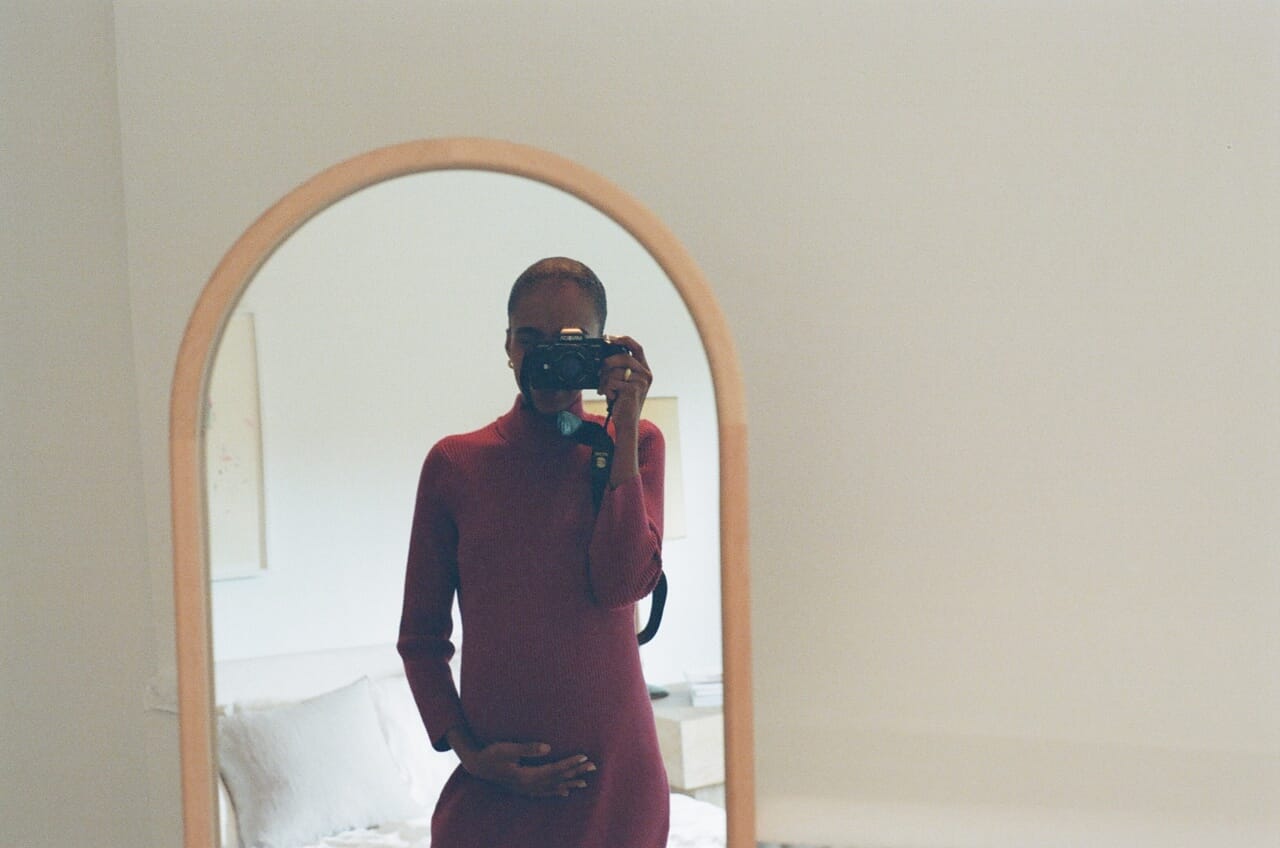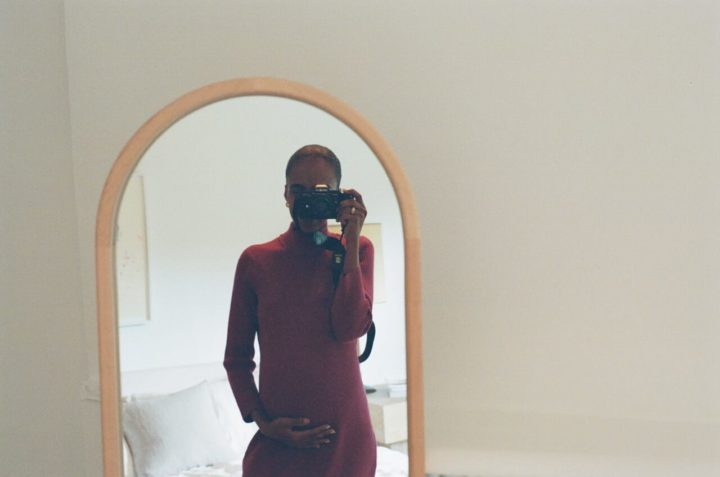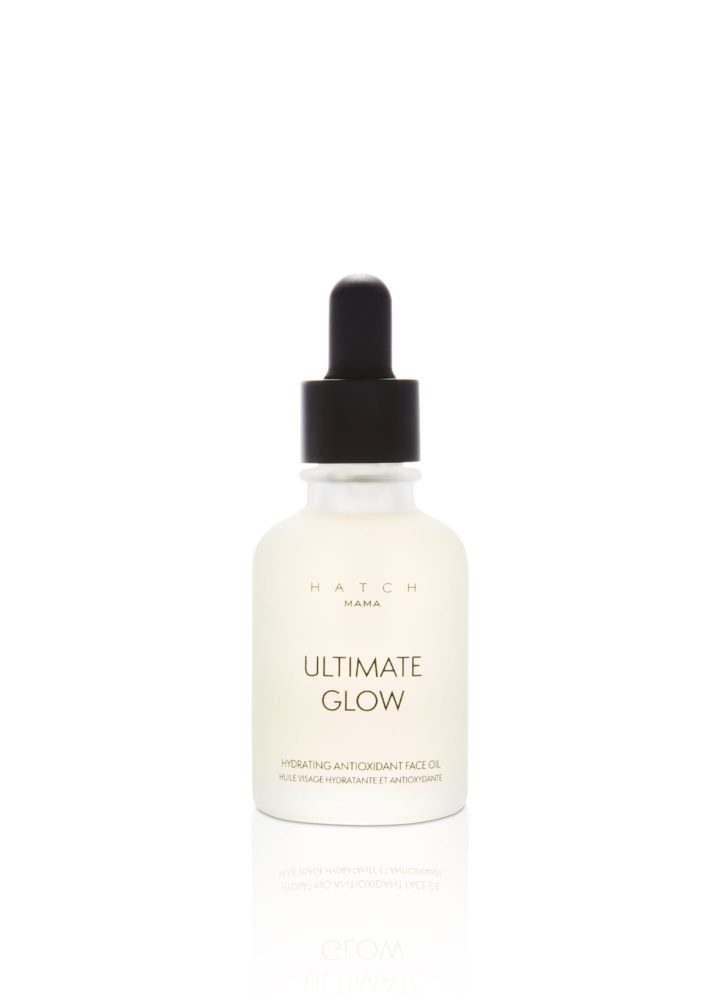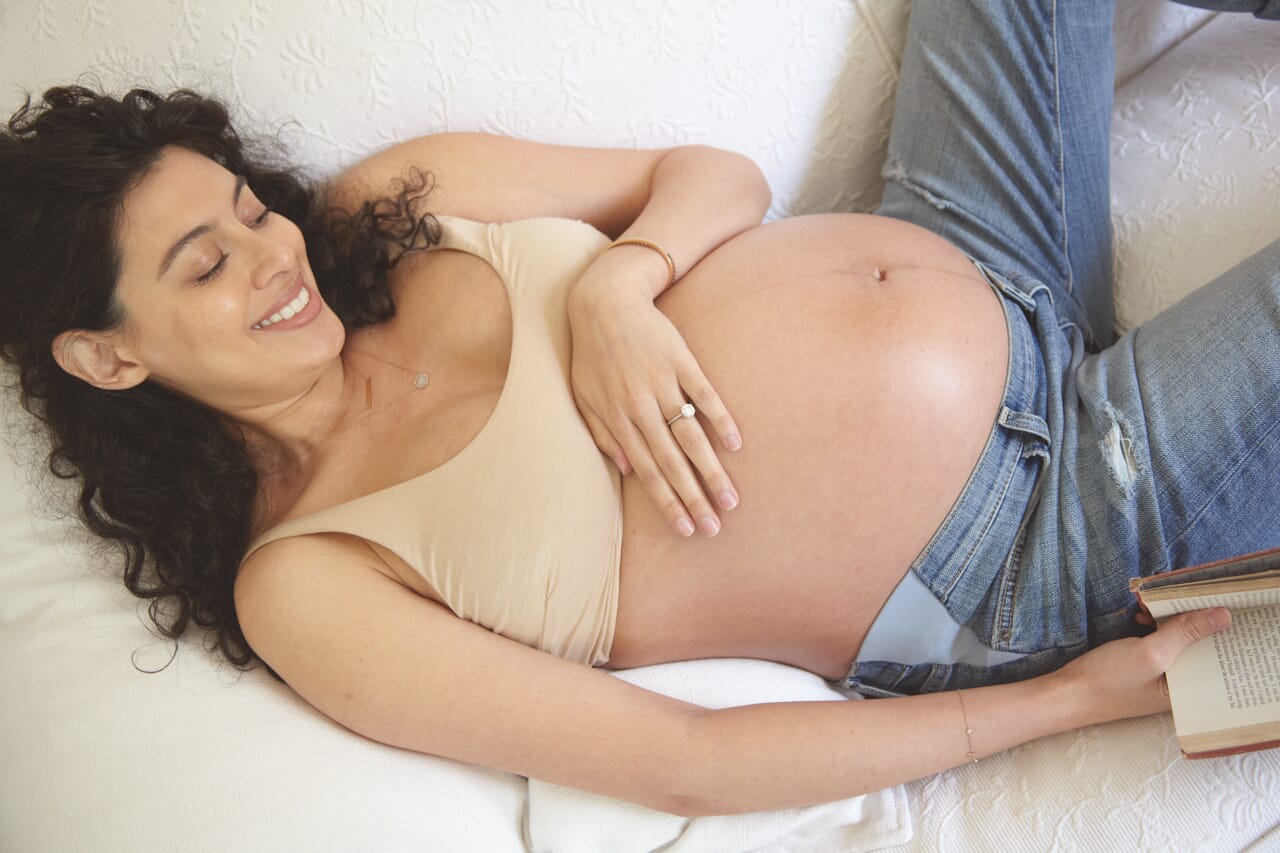So, you’re thinking about a baby — what an exciting step in your journey! Pregnant women have a lot of questions and concerns on their minds. At HATCH, we’re here for you every step of the way, starting with one of the best things you can do to ensure a happy, healthy pregnancy — taking prenatal vitamins.
When should you start taking prenatal vitamins, and which ones should you take? We have the answers to all of your questions about prenatal vitamins and pregnancy below.
Are Prenatal Vitamins Necessary?
Whether you eat your greens religiously or order takeout three times a week (100% no shame), you should be taking prenatal vitamins. Why? Because you’re eating for two now!
You aren’t just going to need to update your wardrobe with some cute pregnancy fits — you’ll also need to update your vitamin and supplement routine to get alllll those extra goodies for your growing baby.
While multivitamins are great for supporting your health in general, over-the-counter prenatal vitamins are chock-full of the specific minerals and vitamins that help your body needs to build a healthy baby.
For example, one of the most important nutrients to consume during pregnancy is folic acid, a type of B vitamin. Any good prenatal vitamin will have a high concentration of folic acid.
How Much Folic Acid a Day?
Some experts recommend consuming 600 mcg of folic acid per day — the same amount you’d find in most prenatal vitamins. (If you’ve experienced certain complications in another pregnancy, that number should be closer to 4,000 mcg of folic acid per day, but your doc will have more info for you.)
Iron and Other Vital Vitamins and Supplements
You’ll also find that most prenatal vitamins contain iron, another key nutrient for supporting your baby’s development. Iron facilitates your blood health — proper iron levels are essential for preventing anemia or lack of sufficient red blood cells.
Getting enough iron is a big part of placenta and fetus health. We all know that spinach and brussel sprouts have loads of iron, but what are some others? Fun facts: Iron-rich foods that pregnant ladies might find crave-worthy include raspberries, egg yolks, tofu, meat (especially red meat), and black-strap molasses.
And outside of iron and folic acid, a good prenatal vitamin will contain a whole host of vitamins and minerals for supporting a growing baby. Alongside consuming a healthy diet, taking a prenatal multivitamin is one of the best things you can do to ensure a healthy pregnancy.
So whether you’re already a supplement champ or won’t take vitamins unless they’re in a cute gummy form, do what it takes to make a prenatal vitamin part of your pregnancy routine.
When Should I Start Taking Prenatal Vitamins?
It might be surprising, but you should start taking a prenatal vitamin as soon as you start trying to conceive.
Major developmental steps in baby development often occur before we even go, “Huh. I didn’t get my period yet,” and pull out the pregnancy tests stored under the sink. Certain physical development, like a baby’s neural tubes, already have the party started before you’re aware that you were invited.
In fact, even if you and your partner aren’t actively trying for a baby, you might want to think about adding a prenatal vitamin to your normal supplement and vitamin lineup.
Depending on the specific nutrient and your own body, it can take days or weeks for a supplement to kick in and start doing its work. So, sometimes loading up on nutrients like folate and iron pre-conception is a good idea.
And while prenatal vitamins are intended to be taken, well, prenatally, it’s also not a bad idea to keep taking them even after your baby is born. Your Ob/Gyn may recommend continuing them for several months after delivery, especially if you’re breastfeeding.
Specific vitamins can help compensate for the extra nutrients you need while supporting your newborn and can help prevent anemia and other vitamin deficiencies.
What To Look for in a Prenatal Vitamin
Now for the tricky part — figuring out which prenatal vitamin to commit to. In a society increasingly obsessed with wellness, it can sometimes feel like the vitamin and supplement aisle is getting more crowded each day. How’s a girl to know which ones are right for her?
Vitamins and Supplements from the ACOG
Luckily, the American College of Obstetricians and Gynecologists provides a list of some nutrients that can give your bump a boost:
- Folate and folic acid: As we discussed earlier, these two are super legit. Your healthcare team might recommend you look for vitamins that contain iron and folic acid, a form of folate (which itself is a type of vitamin B).
Folic acid might be the single most important nutrient for mamas-to-be to consume, both pre-conception and during pregnancy.
- Calcium and vitamin D: You should also keep an eye out for these rockstar nutrients, which can promote good teeth and bone development, as well as promoting healthy skin and eyesight.
- Choline and iodine: Choline and iodine are both critical for developing your baby’s neural tubes (AKA baby’s brain and spine). Both of these can be found in food, too, FYI.
- Vitamin C: Vitamin C supports healthy bones, teeth, and gums and is essential in boosting the immune system. Pregnancy comes with a lot of side effects.
The last thing we want is to deal with a cold or the flu — the morning sickness and swollen ankles are enough at the moment; thank you very much.
- Omega-3 fatty acids: While not a vitamin or mineral, omega-3 fatty acids are still a key nutrient in building your baby’s brain and retina during pregnancy. You can sometimes find omega-3 fatty acids in prenatal vitamins.
Or, you can take them as an additional supplement — fish oil pills, for example, are commonly used to get an adequate amount of this important nutrient before and during pregnancy.
- Vitamin A: Vitamin A can support eyesight, healthy skin, and bone growth.
Check Twice: Ask for Professional Advice
One thing to note about prenatal vitamins, though, is that taking more than your recommended amount can be dangerous unless you have a known deficiency. Vitamin A, for example, can be potentially harmful in high amounts, so you should stick to the recommended dose unless your Ob/Gyn or doctor says otherwise.
And, of course, always talk to your doctor before adding any type of nutritional supplement to your diet. Some supplements can interact with other types of vitamins or medications.
Plus, dietary supplements, including prenatal vitamins, aren’t subject to the same rigorous approval process as medications. The Food and Drug Administration (FDA) does not have to verify any claims made by a supplement company, so it’s wise to stick to brands and dosages recommended by your Ob/Gyn.
Do your research beforehand, so by the time you’re standing in the supplement aisle looking through dozens of different types of prenatal gummies, you’ll know exactly what types of vitamins and how many micrograms of each you’re looking for.
Flip your hair flawlessly when the pharmacist compliments your knowledge — you’re looking like Elle Woods, and we all know it.
Nutrition During Pregnancy
Prenatal vitamins are great for supporting your dietary and nutritional needs — but one of the best things you can do is eat a balanced diet and stay hydrated.
Healthcare officials recommend eating a variety of vegetables, fruits, dairy products, and whole grains while pregnant. And, of course, make sure that you’re drinking enough water and staying hydrated during the day. It’s time to raise a glass (or eight to 12 glasses) and toast to your adorbs baby bump.
While you can get a lot of fluids from your diet (think soup, broth, fruits), you may want to carry around a water bottle or sip some extra glasses of water throughout the day to ensure you’re getting enough water.
Why Water?
Drinking enough water throughout the day helps with so many things: it keeps your organs functioning, your immune system in tip-top shape, and helps regulate your mood and body temperature.
Dehydration tends to dry out our hair, skin, and nails, so getting H2O is also one of the best things you can do to keep your hair healthy and your skin hydrated (aside from using our favorite glow serum, that is).
Step one to looking and feeling fabulous? Drinking enough water.
Pregnancy Cravings and Nutritional Needs
Whether you’re a go-with-the-flow type of gal or totally type A about meal prepping, one thing that may throw a wrench in your eating habits during pregnancy is cravings. Bizarre food cravings are a hallmark of pregnancy – pickle sundae, anyone? – and may strike at any time during pregnancy, although they often begin in the first trimester.
Although we aren’t 100% sure what causes cravings, it’s likely a combination of nutritional deficiencies, changing hormones, and increased sensitivity to smell.
Well over half of pregnant ladies experience some sort of food craving during pregnancy. No matter how strange it might feel to you, your newfound mashed potato obsession is definitely normal!
What Do Pregnancy Cravings Mean?
The most common pregnancy cravings include pickles, ice cream, chocolate, spicy food, and red meat, although some women develop cravings for ice, chalk, and other non-food items.
There’s some evidence that these cravings may be linked to nutritional deficiencies, so if you find yourself just dying to take a chomp out of a piece of chalk, definitely talk to your Ob/Gyn or doctor. They’ll be able to assess your cravings and provide recommendations to maintain a healthy and balanced diet.
In addition to pregnancy cravings, you may experience food aversions or a sudden and unusual disgust for a type of food that previously didn’t bother you. For example, maybe you used to love taco Tuesdays, but all of a sudden, the scent of taco meat is making you want to run to the bathroom.
Not fun, right? Taco Tuesday is the best! But the good news is that while unpleasant to experience, food aversions are also a totally normal part of pregnancy and usually dissipate once you are no longer pregnant.
And again, if you feel that any food cravings or aversions are having an outsized impact on your life, definitely talk to your doc. They’ll be able to answer any of your questions and provide suggestions to manage your newfound cravings or aversions.
Superhero You
If you’re trying to get pregnant, or even just thinking about it, now is the time to start taking a prenatal vitamin. Nutrients like folic acid and iron are part of your support team (besides your friends, family, healthcare team, and us at HATCH). Since some vitamins take weeks to start working in your body, making a prenatal gummy a part of your daily routine (even pre-conception) could be part of your gameplan.
Taking a prenatal vitamin is the first step on a long journey to watching your baby take their first steps — and we’ve got your back every step of the way!
Sources:





